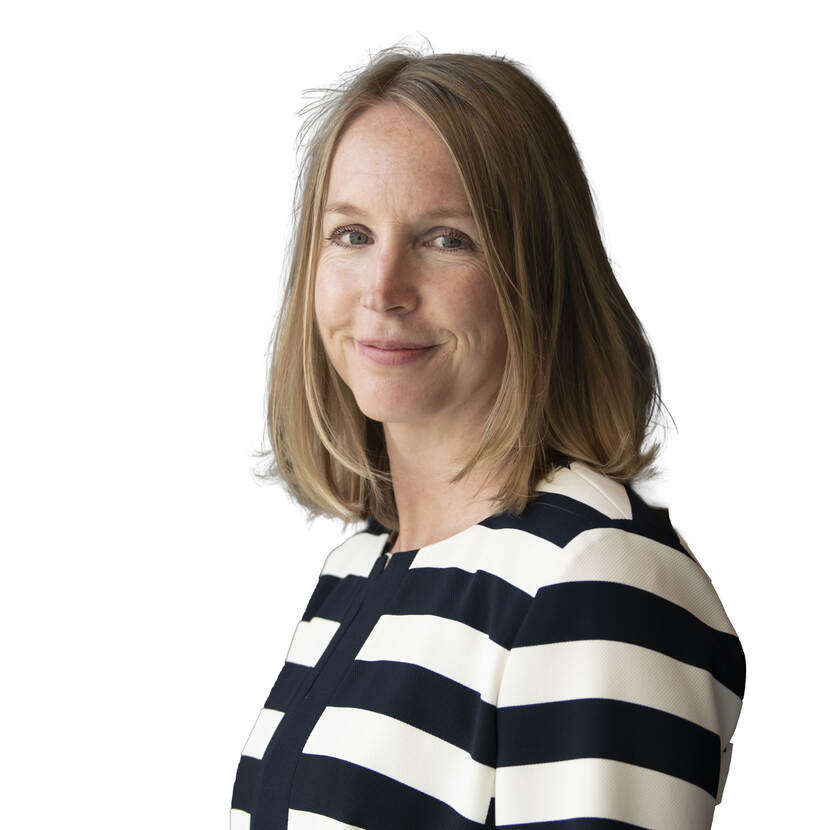Dutch ambassador Stella Kloth - Jordan-en
The ambassador

Stella Kloth
Dutch ambassador in Amman
Stella Kloth has been ambassador of the Kingdom of the Netherlands to Jordan since 2025.
See the curriculum vitae of ambassador Kloth on rijksoverheid.nl (in Dutch)
See the curriculum vitae of ambassador Kloth on rijksoverheid.nl (in Dutch)
